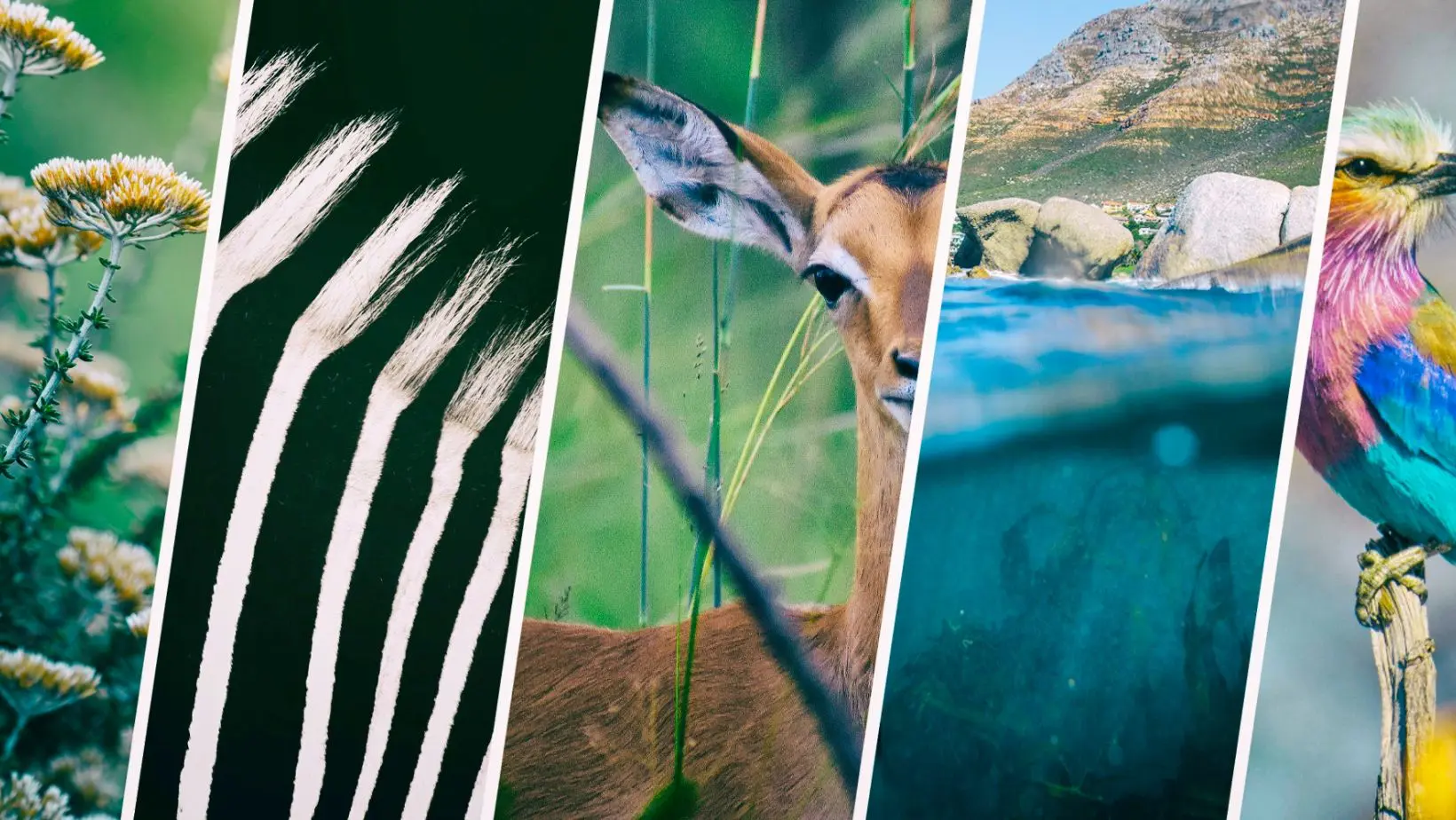By Metohuey Adoglo
Amidst the challenges of environmental preservation, technology offers a beacon of hope. Can virtual reality (VR) and immersive technologies truly magnify efforts to highlight eco connectivity and safeguard Africa’s biodiversity? This report delves into the innovative use of virtual reality in environmental education across the continent, exploring its potential to deepen comprehension of ecosystem interdependence.
Read More: Report: Key Factors Driving Digital Economy Growth in Africa
Exploring Virtual Reality’s Impact on Eco Education
In the race to conserve Africa’s diverse ecosystems, virtual reality and immersive technologies are emerging as powerful allies. These technologies present an avant-garde approach to environmental education, allowing users to engage with lifelike simulations of natural habitats. This immersion brings them face-to-face with the intricate web of life, elucidating the significance of eco connectivity.
VR can transport users to verdant rainforests, vibrant coral reefs, and expansive savannas, enabling them to witness firsthand the delicate equilibrium between species and their surroundings. Going beyond traditional classroom learning, this immersive technique sparks curiosity and compels action for conservation.
Nurturing a Generation of Eco Advocates
A pivotal aspect of VR-driven environmental education is its potential to cultivate a generation of eco-conscious advocates. Through virtual ecosystems, users can interact with diverse species, comprehend their behaviors, and witness human activities’ far-reaching impact on these delicate environments.
Virtual reality experiences evoke empathy and a sense of duty by establishing a visceral link to nature. Young learners, in particular, stand to gain immensely from this interactive method, developing a profound grasp of how eco connectivity underpins the preservation of Africa’s extraordinary biodiversity.
Read More: Virtual Labs and Hands-On Learning Simulations in Africa
African Innovators Pioneering the Path
As Africa steps into this technological frontier, notable nations are trailblazing the use of virtual reality for eco education. South Africa, for instance, employs VR to educate learners about the significance of protecting the iconic rhino population and their habitats. Similarly, Kenya has embraced VR to engage local communities in conserving endangered wildlife like elephants and lions.
The Intersection of Awareness and Action
Beyond education, VR has found its footing in conservation advocacy. Environmental groups leverage this technology to create impactful campaigns, immersing audiences in experiences that evoke empathy. Imagine virtually standing amidst a savanna as the last rhino roams nearby, emphasizing the urgency to protect Africa’s unique wildlife.
Read More: Groundwater – Key to Mitigating the Effects of The Climate Crisis
As traditional education models give way to innovative solutions, the rise of virtual reality offers promise. Can these immersive experiences bridge the gap between awareness and actionable conservation? As Africa embraces this fusion of technology and environmental consciousness, it stands poised to reshape the landscape of biodiversity preservation, leveraging the power of virtual reality for a more sustainable future.
https://twitter.com/africaniannews/status/1675791464024907777?s=20
